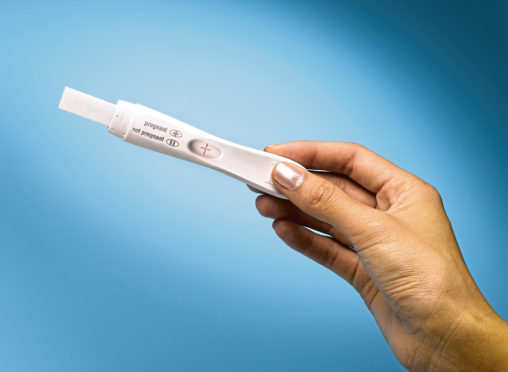The more I think about the Pause scheme the more uncomfortable I become with it.
Pause is an interventionist programme designed to break the cycle of vulnerable women having child after child without a break.
The scheme seeks to assist women with complex backgrounds – whether they have substance abuse issues, are suffering from mental ill health or are victims of domestic violence – by attempting to build a time period into their lives in which they can stop, take a breath and reflect.
The idea is that by pressing the ‘pause’ button on chaotic lifestyles, a window of opportunity opens up allowing women to work on their issues and start to build stability into their lives and routines.
On paper, it is a concept which is hard to pick fault with and I can see why Dundee City Council are trialling the programme here, where there is obviously a problem with vulnerable women and their families.
But the reason the Pause programme is controversial is the method it uses to enforce that break upon the women it is working with.
Women on the scheme – which is voluntary – are given the counselling and support they need to change their lives but they must first agree to being put on long-term contraception to minimise the chance of additional pregnancy.
My thinking on it previously had fallen into the ‘if the ends justify the means’ camp.
But this is not a black and white issue – it is the lives of real people and unborn children.
In mulling on it further, I am struggling to see how you can feasibly offer support with conditions.
It is a moral and ethical conundrum and one that I have not yet fully resolved in my own mind.
However, others have come to a more definite position.
An open letter signed by more than a dozen academics, addiction support agencies and women’s charities has called for a rethink.
They suggest the best course of action is to offer women “gender-sensitive and trauma-informed approaches which prioritise trusting, non-judgmental relationships, continuing support and safety, empowerment and collaboration”.
Pause Dundee’s 18 month trial is expected to result in six to 10 pregnancies being avoided among women with chaotic lifestyles.
That would seem achievable.
But the jury is out on whether it is a desirable way of tackling a hugely complex and emotionally charged issue.
Get in touch with your local office at Dundee or send a letter to The Courier at letters@thecourier.co.uk
